When Martin Scorsese was nominated for Best Director for “Killers of the Flower Moon,” he entered rarified air, becoming the living director with the most nods in that category. In all, the revered filmmaker has an impressive 10 nominations—to go along with six nominations in other categories—which now puts him one ahead of Steven Spielberg. (The all-time leader is the late William Wyler, with 12.)
Scorsese, who is also up for Best Picture as one of the producers of his adaptation of the David Grann book, has had a monumental career, no matter what happens during the Oscars on March 10th. But the odds are against him winning Best Director, which means he’ll then be one-for-10 in the category. I don’t say that with snark or as an indictment of anyone — it’s well-established now that (1) Scorsese is one of the all-time greats; and (2) Scorsese’s movies tend not to do so well at the Academy Awards. None of his fans, let alone the thousands of filmmakers who have been inspired by him, care a whit—his excellence transcends statues.
In honor of Scorsese’s 10th Best Director nomination, I decided to rank all 10. There’s not a bad film in the bunch, so even the movies lower on this list are worth your time. What’s interesting, though, is that some of his all-time classics didn’t get a Best Director nod, so don’t go looking for “Taxi Driver” or “Mean Streets.” But even if this list is far from complete—or a definitive ranking of his “best” films—it is a fascinating overview of what the Academy thought was Oscar-worthy.
10. “Hugo” (Lost to Michel Hazanavicius for “The Artist”)
We tend not to associate Scorsese with wholesome family films, but his adaptation of Brian Selznick’s children’s book was an all-ages enchantment. Asa Butterfield plays Hugo, a sweet Parisian urchin who will eventually meet Georges Méliès (Ben Kingsley), a magician with a crazy notion to make motion pictures. “Hugo” was set in the early 1930s—ironically, around the same time period of “The Artist,” which won Best Picture and similarly celebrated cinema’s early days—and you can feel Scorsese’s deep fondness for film’s exciting beginnings. Hailed for its technical brilliance during a period when 3D was becoming popular again, “Hugo” is a little rickety in terms of its storytelling, but it’s a charming kids’ movie that doesn’t talk down to its audience. (And it had an excellent 4K release last year.)
9. “Gangs of New York” (Lost to Roman Polanski for “The Pianist”)
In the early 21st century, there was an industry drumbeat, led by Harvey Weinstein, to finally get Scorsese his Oscar. The head of Miramax teamed up with the director to release “Gangs of New York,” which despite its considerable merits feels the most anonymously “prestige” of Scorsese’s big swings. Daniel Day-Lewis, reuniting with Scorsese after “The Age of Innocence,” was an appropriately loathsome Bill the Butcher, but Leonardo DiCaprio wasn’t nearly as confident playing the scrappy Amsterdam. To date, Scorsese and DiCaprio have made six films together, and this one (their first) is the weakest of the group. Happily, DiCaprio got stronger as their collaboration evolved.
8. “The Aviator” (Lost to Clint Eastwood for “Million Dollar Baby”)
This sobering portrait of Howard Hughes won five Oscars, not to mention the BAFTA and Producers Guild prize for Best Picture. But the night of the Academy Awards, Clint Eastwood was victorious, taking home Best Director and Best Picture. Nonetheless, “The Aviator” was a sweeping biopic that was far more tonally nuanced than the genre usually allows. DiCaprio played Hughes as a boy wonder whose mental illness will eventually become his undoing—as a result, this is that rare Great Man narrative in which the great man symbolizes the limits of the American Dream. It’s a gutting cautionary tale with the added benefit of featuring a pretty delightful (and Oscar-winning) performance from Cate Blanchett as Katharine Hepburn.
7. “The Wolf of Wall Street” (Lost to Alfonso Cuarón for “Gravity”)
Who would want to spend three hours watching Jordan Belfort, the arrogant, immoral stockbroker at the center of “The Wolf of Wall Street”? Turns out, a lot of us: This is Scorsese’s highest-grossing film worldwide. DiCaprio tears into his role as Belfort, who went from a nobody to one of the most successful Wall Street hustlers of his era—until his empire came crashing down in spectacular fashion. Both exhilarating and exhausting, the film demonstrated that Scorsese, then in his early 70s, still had the nerve and energy of a far-younger director. “The Wolf of Wall Street” is wickedly hilarious and unabashedly over-the-top, presenting this world as utterly depraved and completely intoxicating. And it helped introduce many viewers to Margot Robbie, who plays Belfort’s ball-busting wife. A star was born, and she’s only gone on to greater heights since.
6. “The Last Temptation of Christ” (Lost to Barry Levinson for “Rain Man”)
Scorsese’s most controversial film received only one nomination, an indication of just how much the directors’ branch of the Academy respected his adaptation of Nikos Kazantzakis’ novel. Some of the supporting performances might be a little shaky—I’m thinking specifically of Harvey Keitel as Judas Iscariot—but Scorsese’s religious faith (which had played a part in his earlier films, like “Mean Streets”) was expressed in all its complex beauty here. Willem Dafoe is a superb Jesus—human but divine, flawed yet noble—and the Peter Gabriel score remains a wonder. Condemned for being blasphemous, “Last Temptation” builds to a devastatingly moving finale, the filmmaker acknowledging the depth of Jesus’ sacrifice by giving us a soulful, flesh-and-blood prophet worth admiring.
5. “Killers of the Flower Moon” (TBD, but likely losing to Christopher Nolan for “Oppenheimer“)
It’s hard to articulate the feeling at the first Cannes press screening for “Killers of the Flower Moon” when the film reached its conclusion and Scorsese himself appeared on screen. Playing the producer of a radio show (badly) dramatizing the events of what we’ve just seen, Scorsese was indicting himself (as well as all art) for trying to bring narrative sense to the senselessness of real-life crimes. He has the last word in a movie that acknowledges the futility of attempting to tell someone else’s story. It was almost too much to bear.
“Killers of the Flower Moon” is a crime saga, which means it fits easily into Scorsese’s catalog of movies about those who operate outside the law. But you’ll rarely see a Scorsese picture this sorrowful, depicting the evils of white men (Leonardo DiCaprio, Robert De Niro) preying on the Osage community of Oklahoma in the 1910s and 1920s. Lily Gladstone has received the most kudos for her portrayal of the doomed Mollie, but the cast is filled with standout performances. The darkness descends early in “Killers” and never lets up, with DiCaprio’s dim, greedy Ernest a fitting stand-in for an America that takes takes takes from the misfortune of others.
4. “The Departed” (Won)
Legendary actors often don’t win Oscars for their best work. (Think of Al Pacino getting an Academy Award for “Scent of a Woman.”) So it’s understandable why some Scorsese diehards were less than enthused that the master finally took home the big prize for a remake of the Hong Kong thriller “Infernal Affairs.” And although “The Departed” may not be as personal or distinctive as Scorsese’s finest pictures, that assessment misses something: My lord, what a fun, nasty, richly layered entertainment this is. Sure, Jack Nicholson may have reportedly been a nightmare to work with—essentially doing whatever he damn well pleased on camera—but he’s also a hoot, and he’s surrounded by an ensemble working at the top of their game. Has Mark Wahlberg ever been better? Has Vera Farmiga? With Leonardo DiCaprio and Matt Damon pitted against one another, and the smart-ass quips flying as often as the bullets, “The Departed” harnessed all of Scorsese’s talents—this is him as the ultimate showman, and he doesn’t disappoint.
3. “The Irishman” (Lost to Bong Joon-ho for “Parasite”)
If Scorsese had never made another film, this would have been an incredible farewell. Telling the story of Frank Sheeran (Robert De Niro), a low-level mob guy who becomes one of Jimmy Hoffa’s (Al Pacino) most trusted lieutenants, “The Irishman” has a funereal tone, lacking the elated pizzazz of “Goodfellas” for something far more somber and hushed. Everyone Frank meets, we see an interstitial grimly indicating how they died and when, suggesting that all of these individuals will meet the same fate—that their petty criminal enterprises are useless in the face of what’s awaiting them. With “The Irishman,” Scorsese looked back at the gangsters he’s often chronicled, finding them to be nothing but sad, lonely men with little to show for their criminal enterprises. No wonder he brought back his regular troupe of actors—De Niro, Harvey Keitel and Joe Pesci—for one last go-round. If this was to be his swan song, he wanted to be sure it featured an all-star chorus.
2. “Raging Bull” (Lost to Robert Redford for “Ordinary People”)
Made during a period of personal turmoil—Scorsese’s health was failing, his drug use was getting worse—“Raging Bull” is a film of profound spiritual despair and, depending on your perspective, also a story of rebirth and redemption. The tales are legendary about how Robert De Niro gained weight to play tormented boxer Jake LaMotta, but those anecdotes tend to ignore just how forceful, ugly and vulnerable the performance was, the actor never quite burrowing in a role in the same way before or after. Scorsese disliked boxing, but he found a visceral way to portray the in-ring action, setting a standard for sports films that still has few peers.
1. “Goodfellas” (Lost to Kevin Costner for “Dances with Wolves”)
Another gangster movie? It’s a (silly) complaint leveled against Scorsese’s wide-ranging oeuvre, but when reporter Nicholas Pileggi’s book Wiseguy, about former mobster Henry Hill, came his way, the director was hesitant about repeating himself. But then director Michael Powell (whom Scorsese greatly admired and who had married editor Thelma Schoonmaker) read the script. (Actually, Schoonmaker read the script to him since his eyesight was so poor.) “This is wonderful,” Powell told Scorsese. “You must do it. It’s funny, and no one’s ever seen this way of life before.”
The rest is history. In terms of sheer rewatchability, “Goodfellas” is Scorsese’s peak, a monstrously entertaining picture whose headlong rush doesn’t obscure its moral or emotional underpinnings. Joe Pesci won Best Supporting Actor for his portrayal of the horrifying (and very funny) Tommy, but Ray Liotta’s Henry Hill is our guide into this story, which lays bare the dead end that is the gangster life. Because “Goodfellas” is so dazzlingly alive, it’s easy to overlook that message, but Liotta’s glazed-over expression at the end tells you all you need to know.
You can view the original article HERE.

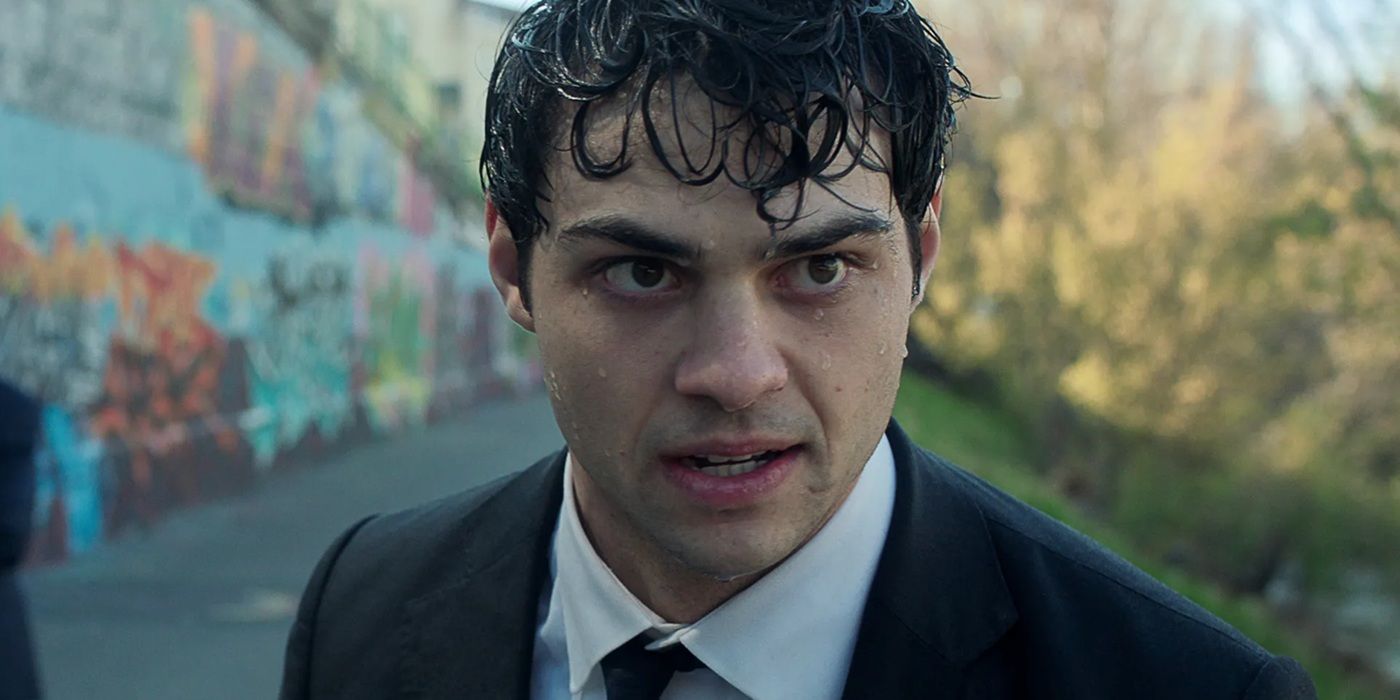


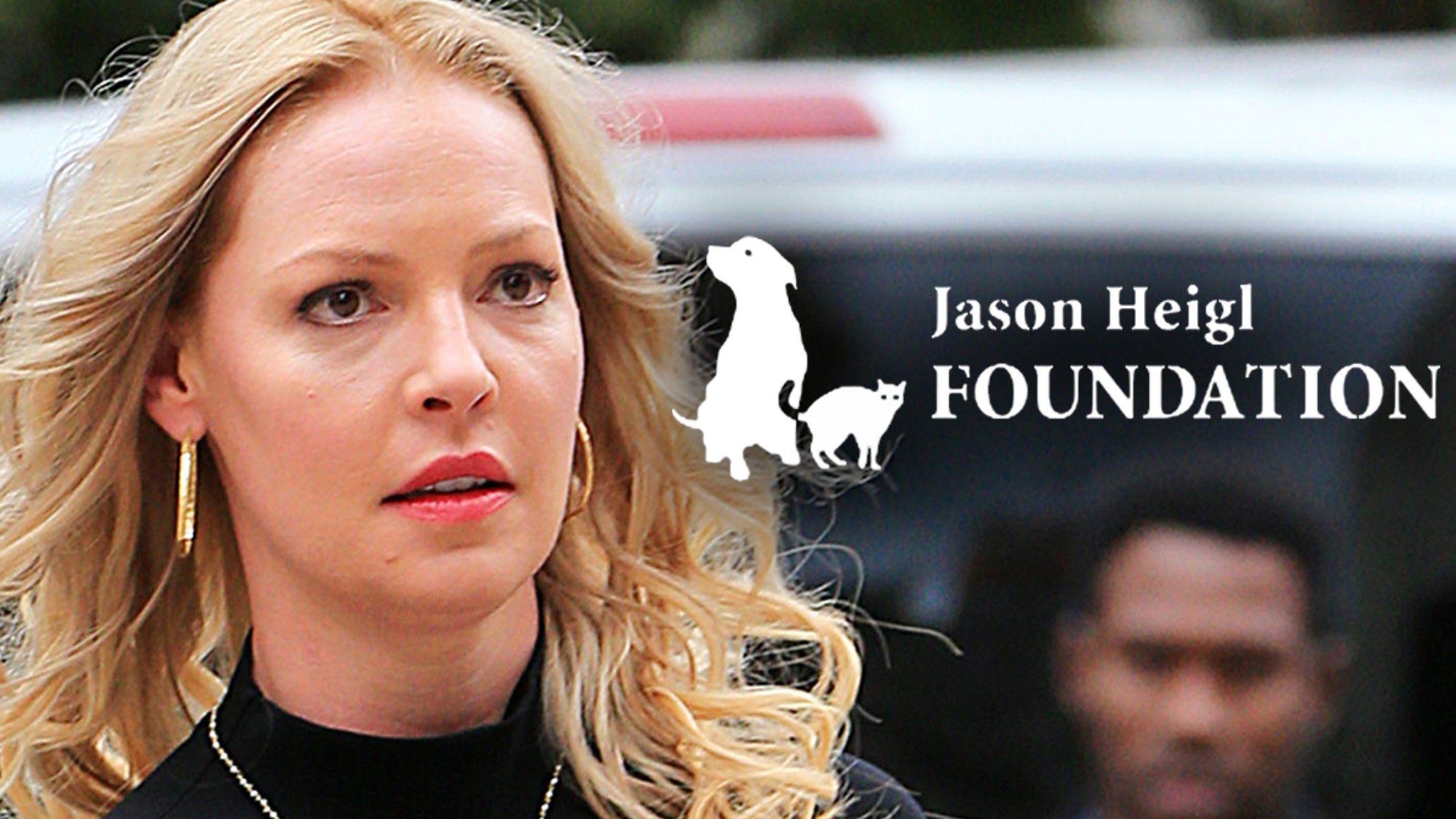
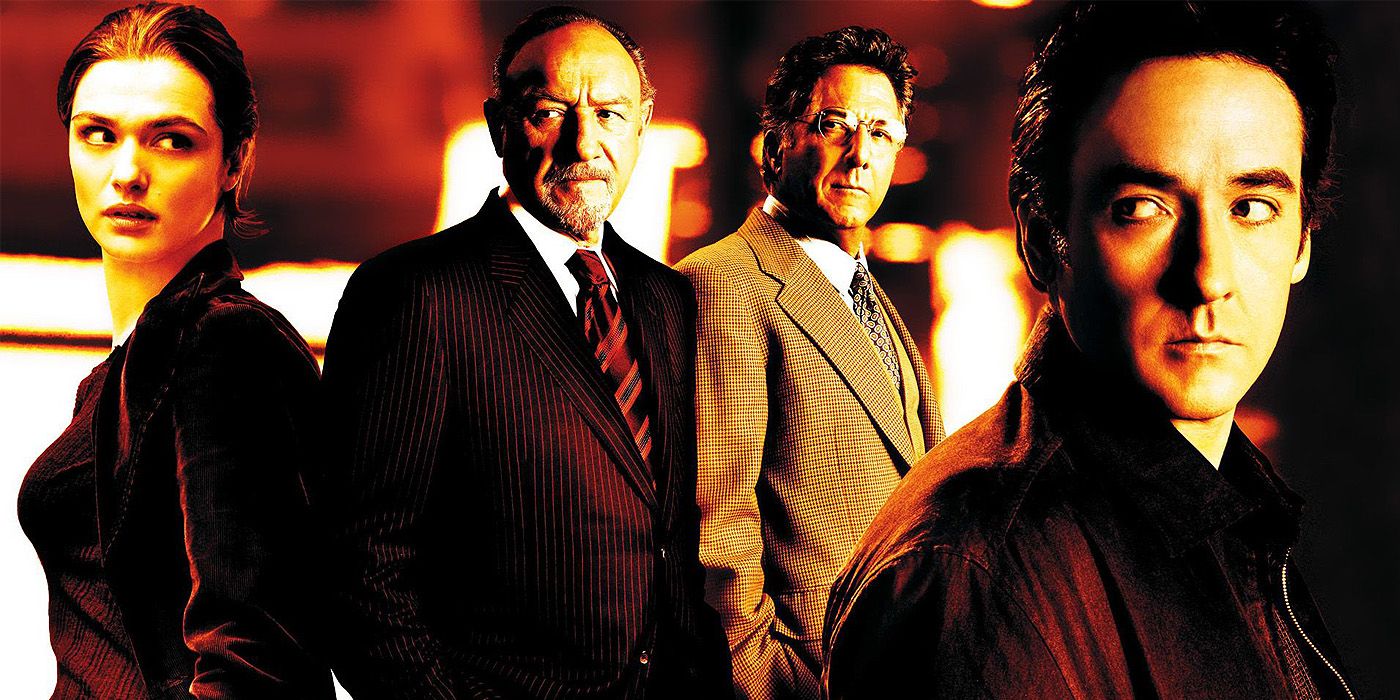
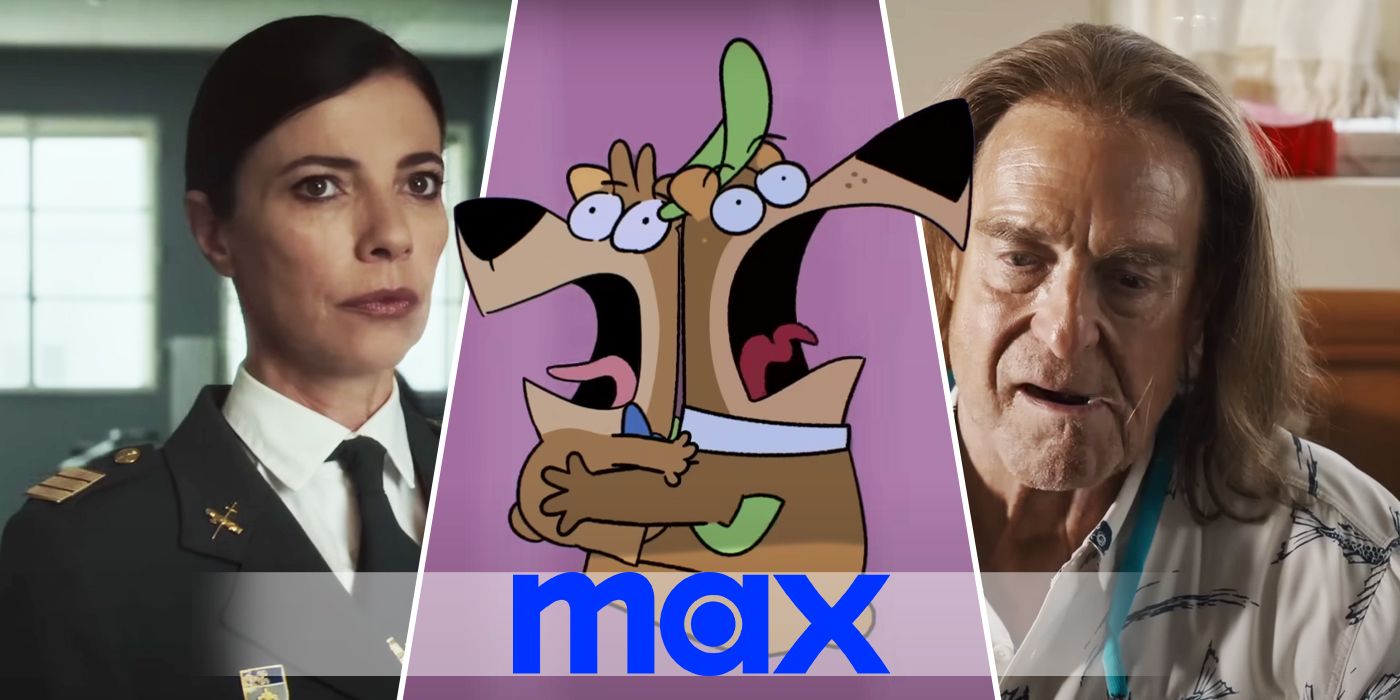

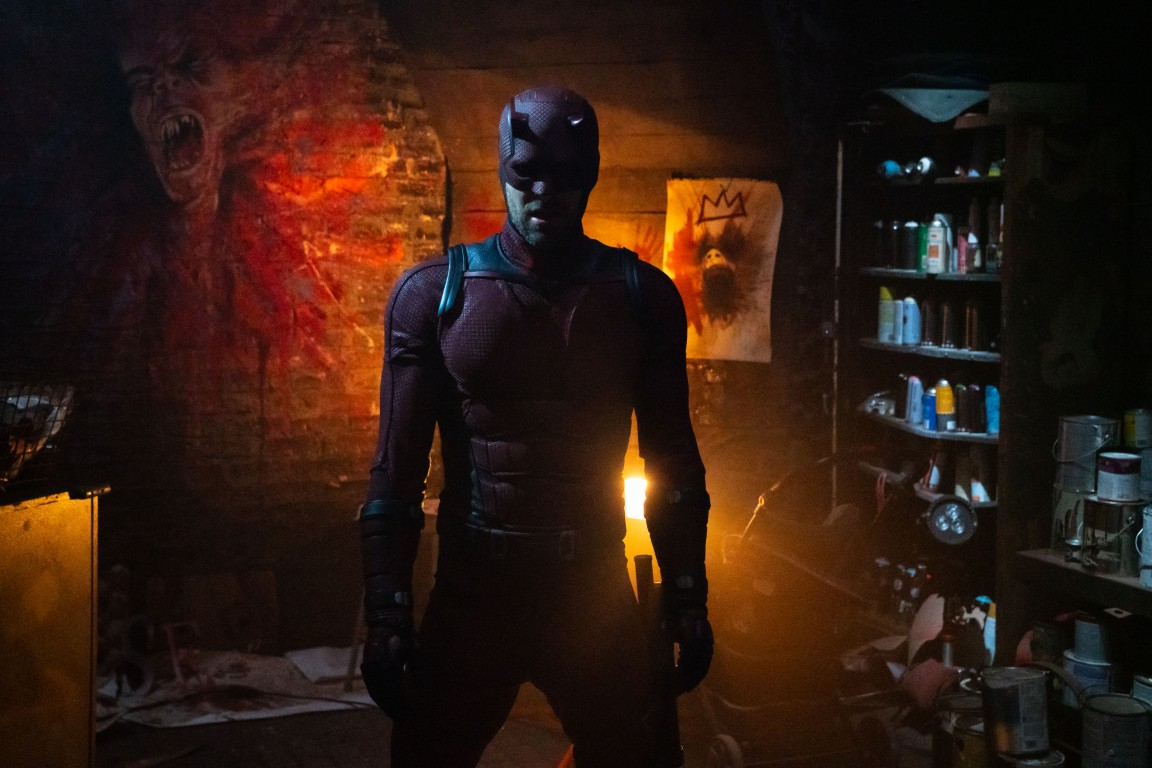
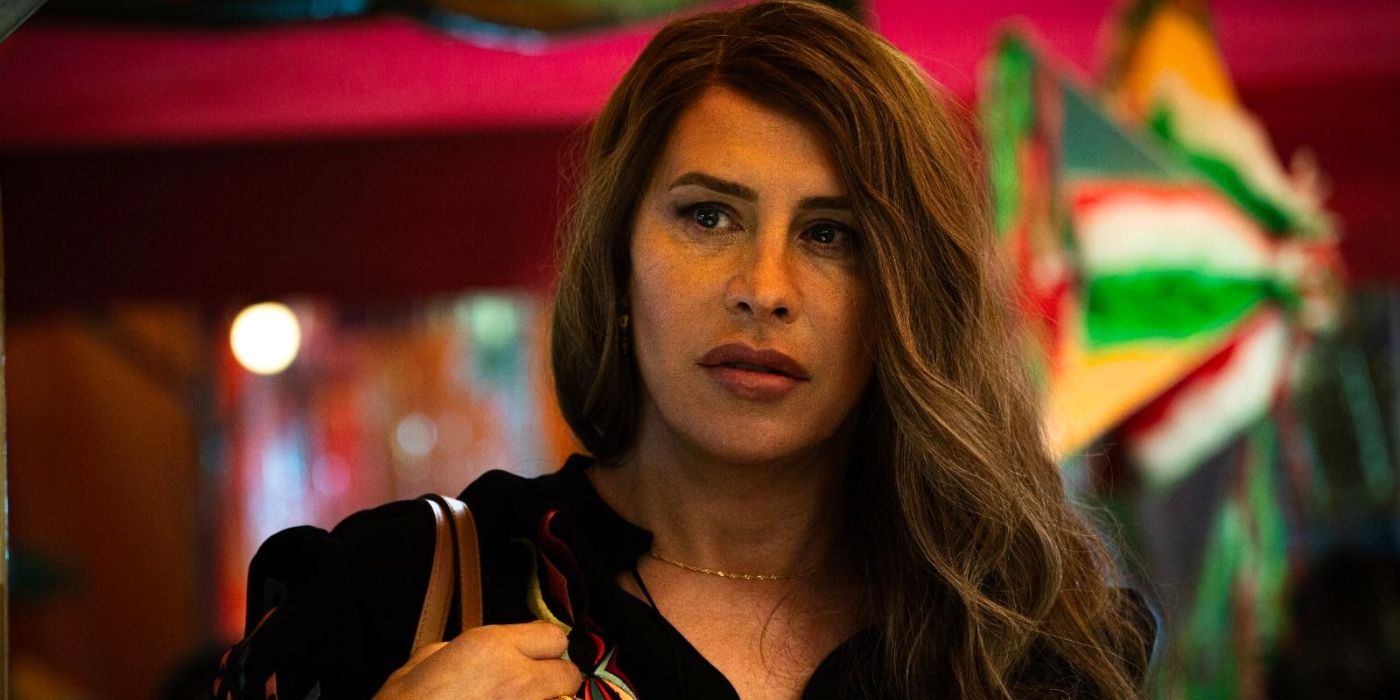




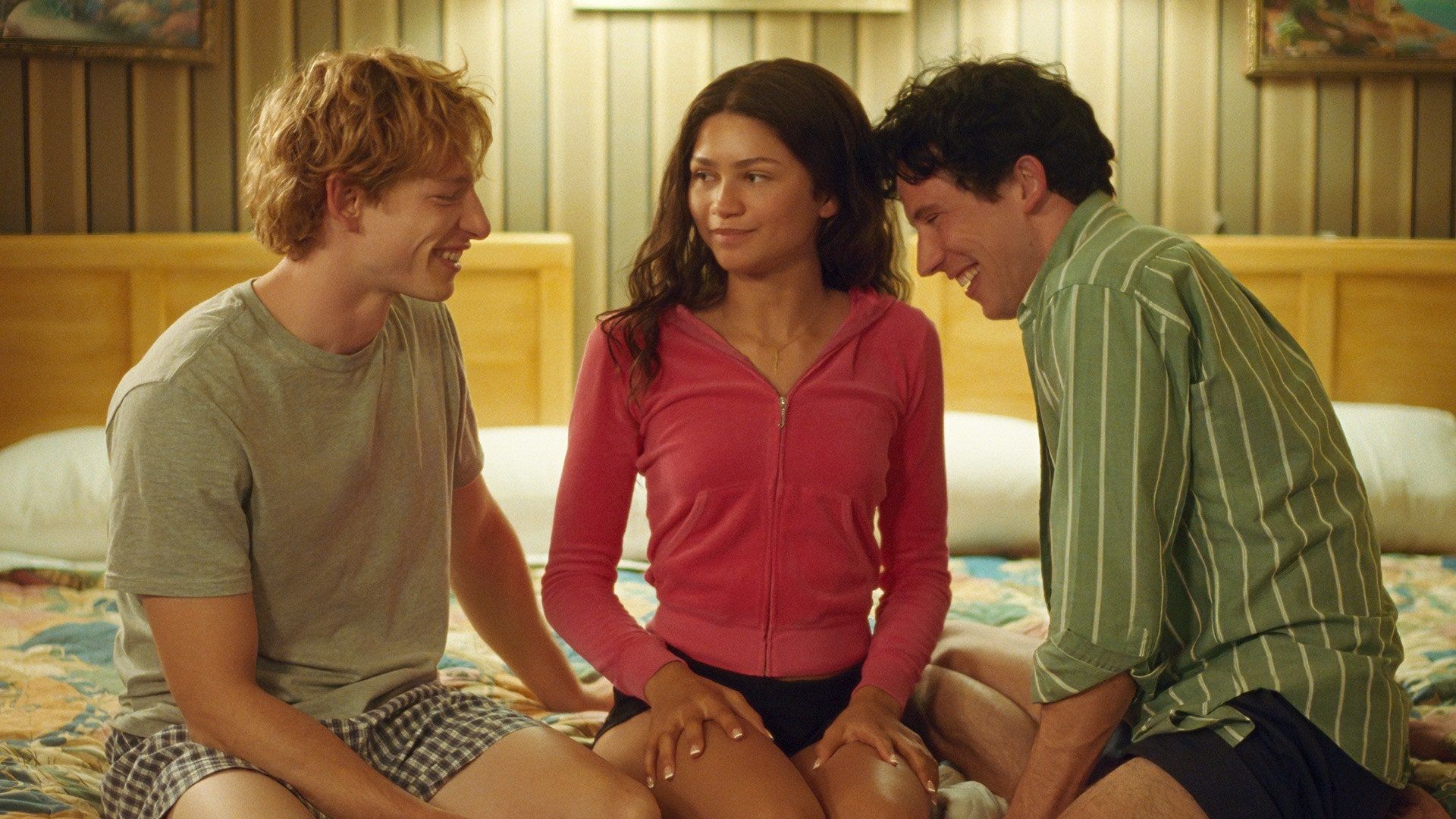
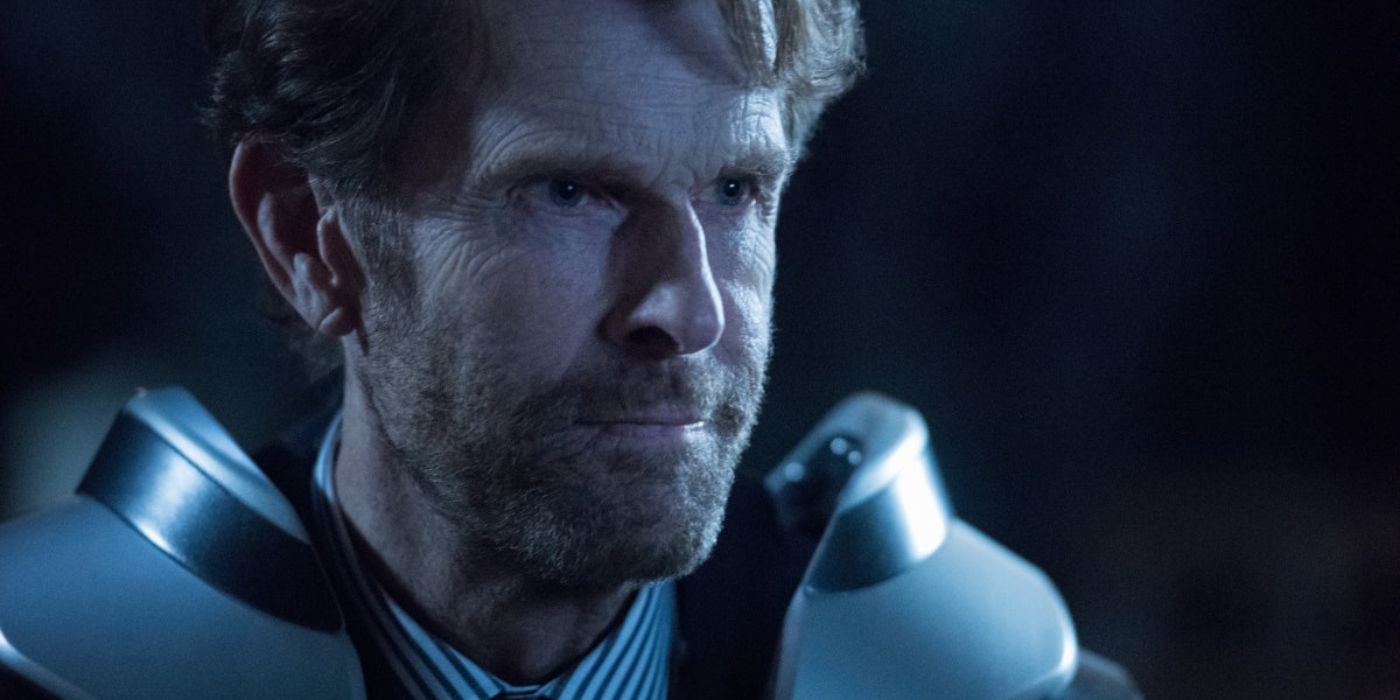
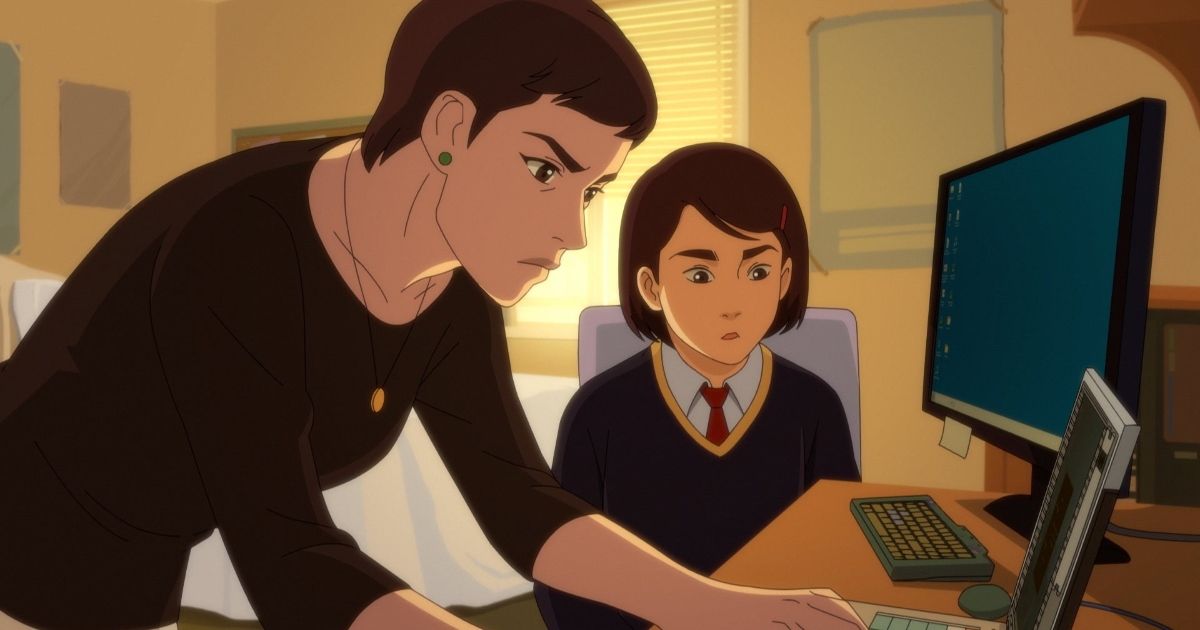


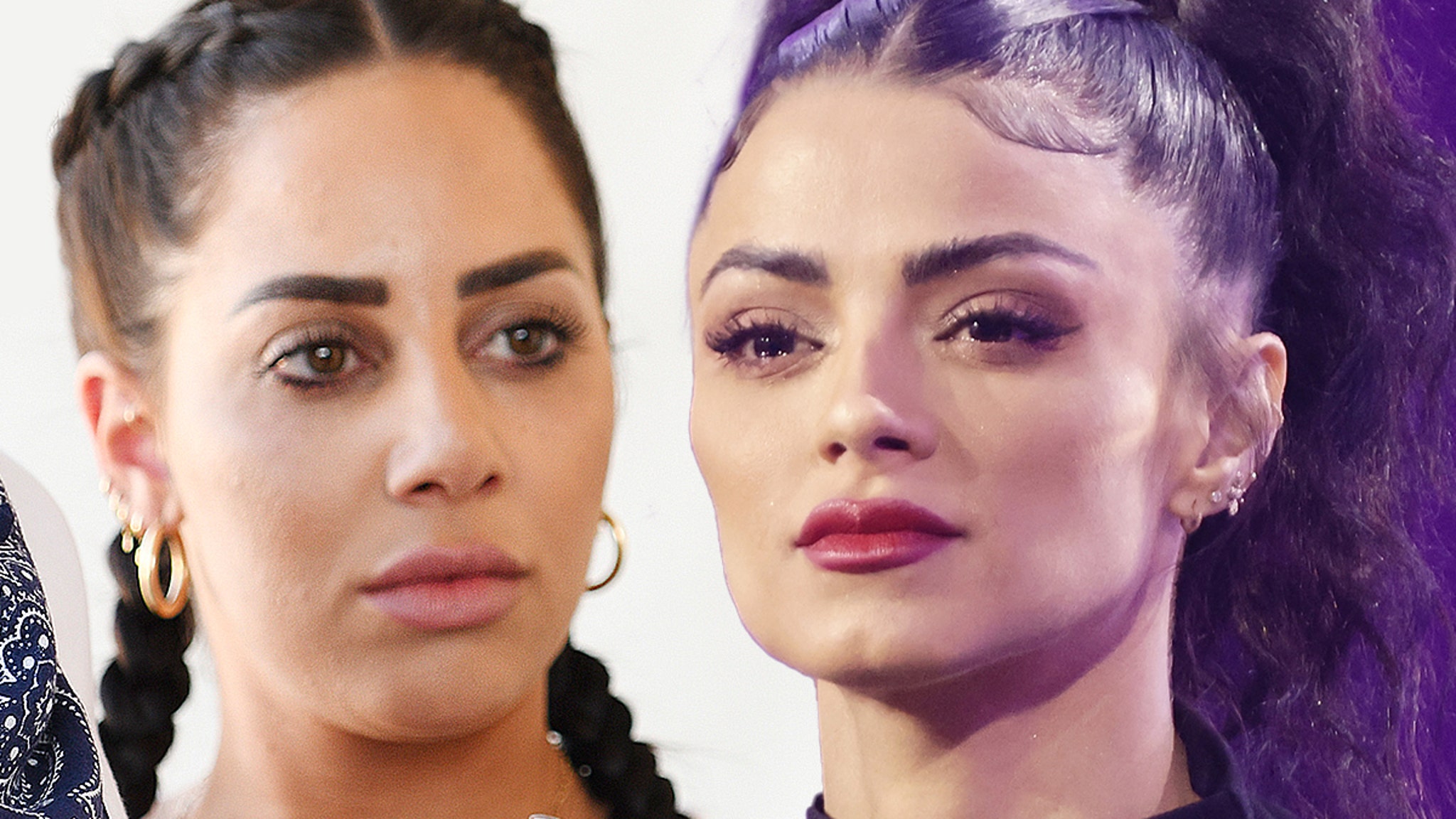
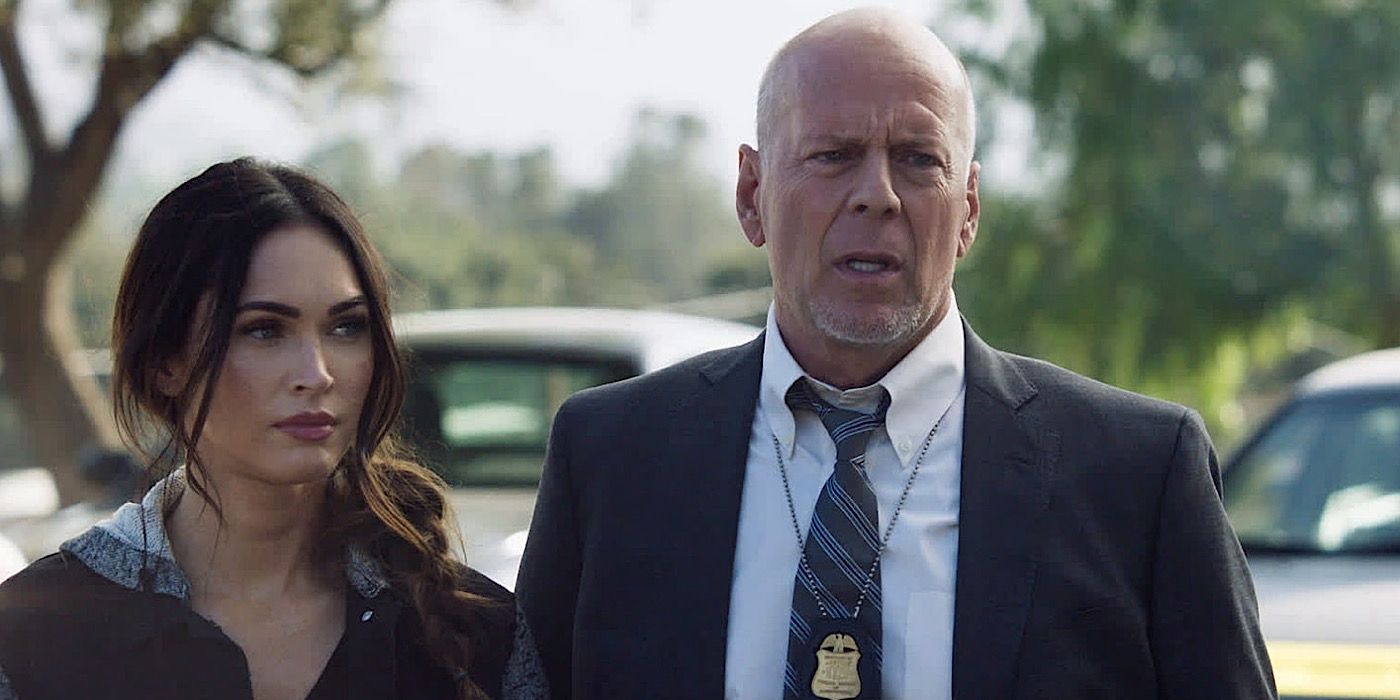
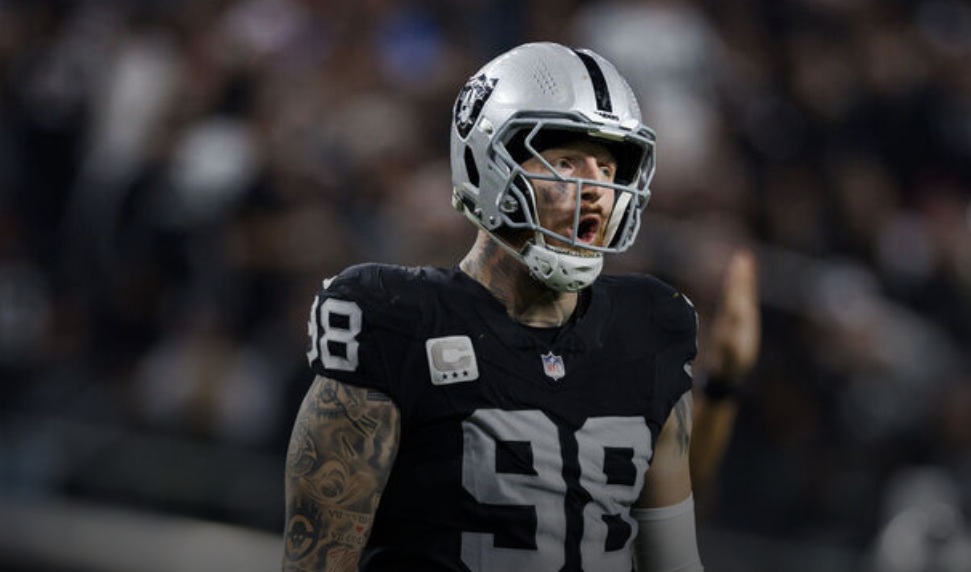

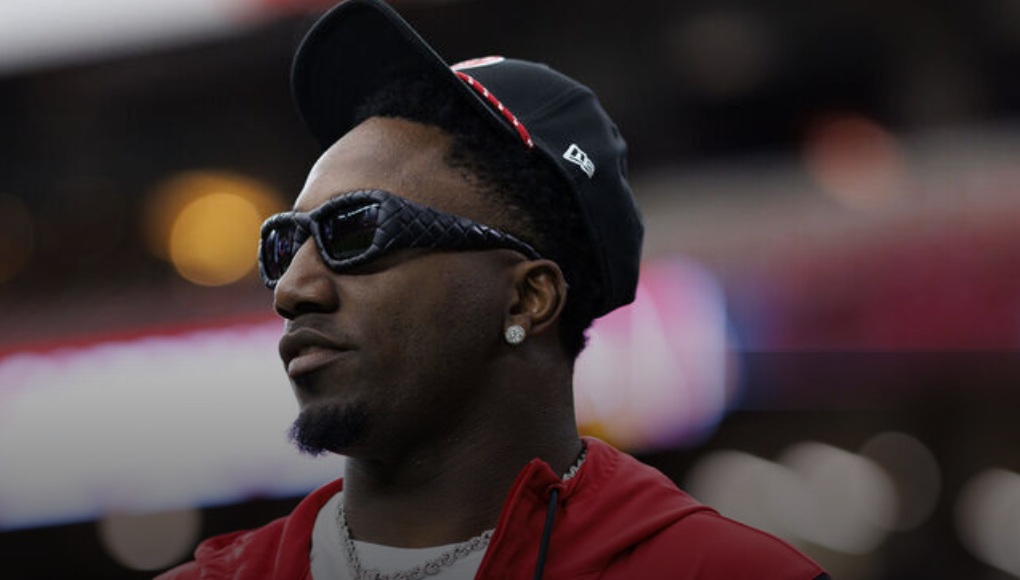


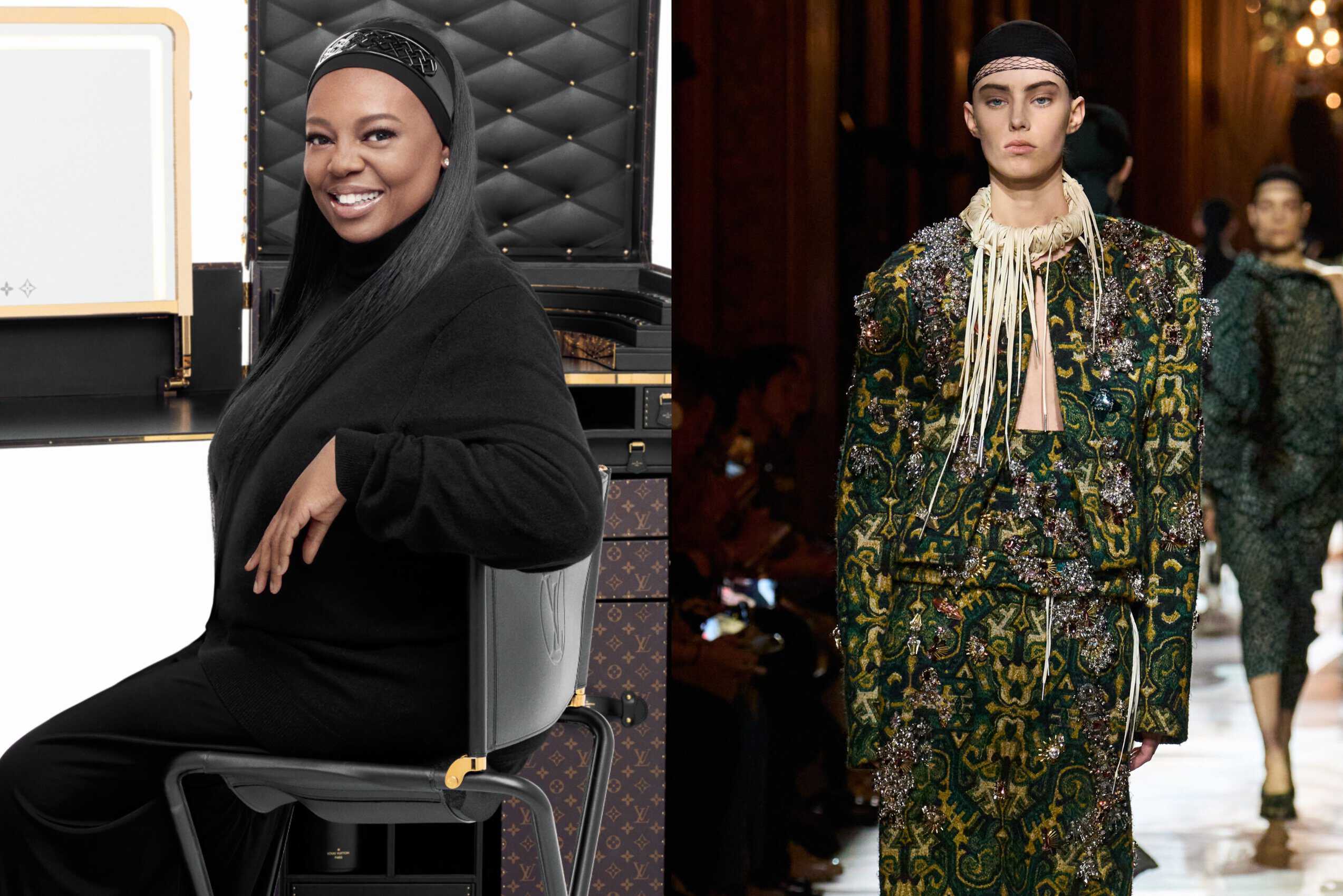

:quality(85):upscale()/2025/03/04/010/n/1922564/e4e30ef267c789a5161212.31191204_.png)
